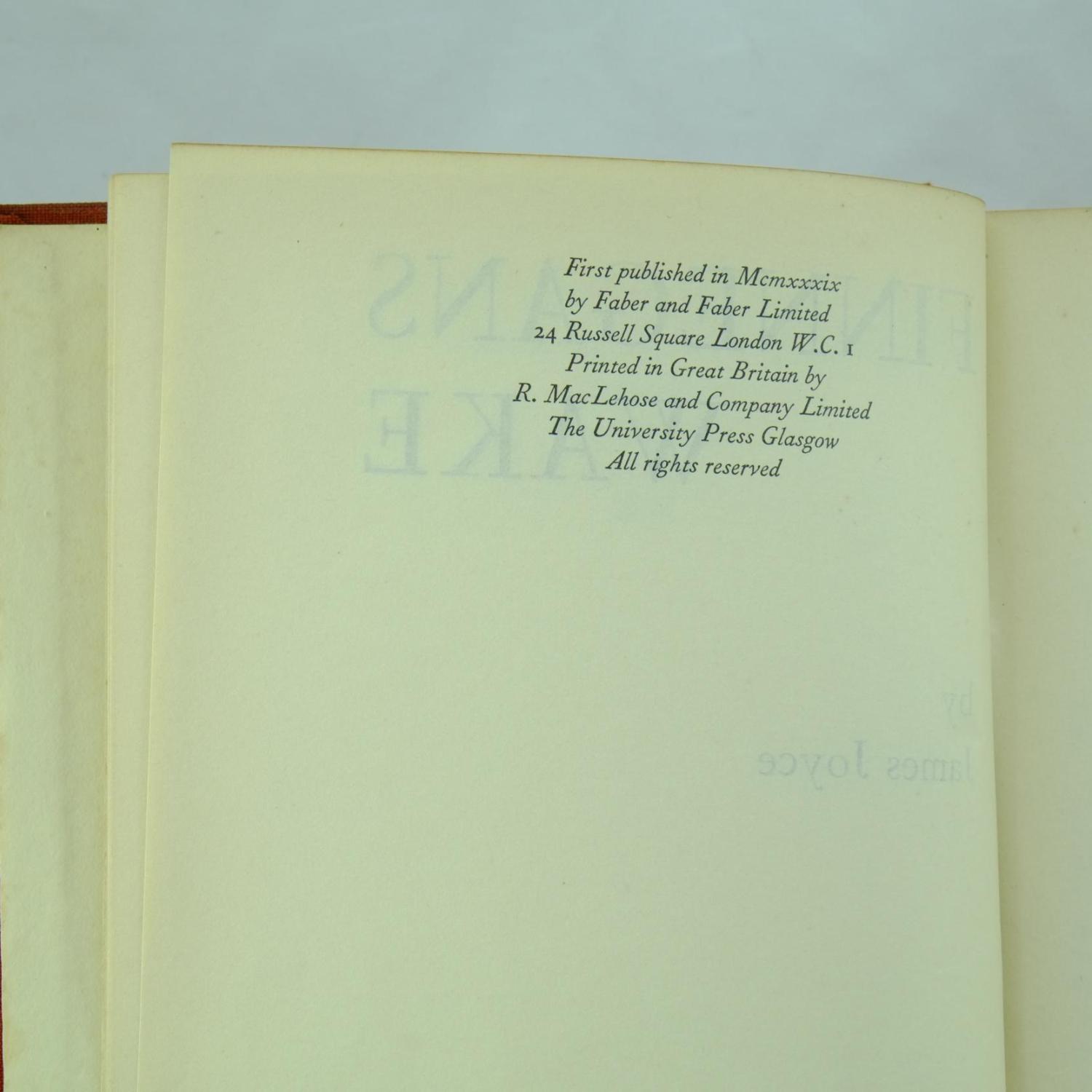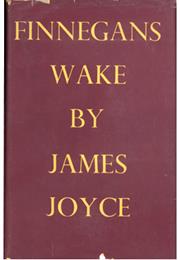

It brings back the Pythagorean occult embodied in the idea that “numbers are all” and at the same time it dissolves hierarchy in favor of decentralization. It steps up the velocity of logical sequential calculations to the speed of light reducing numbers to body count by touch. Like city lights receding.” 2 Almost a decade earlier, McLuhan’s remarks about computers (dating from the late 70s) display some striking similarities: 3

Lines of light ranged in the nonspace of the mind, clusters and constellations of data. This “consensual hallucination” produced by “data abstracted from the banks of every computer in the human system” creates an “unthinkable complexity. Cyberspace, as Gibson saw it, is the simultaneous experience of time, space, and the flow of multi-dimensional, pan-sensory data:Īll the data in the world stacked up like one big neon city, so you could cruise around and have a kind of grip on it, visually anyway, because if you didn’t, it was too complicated, trying to find your way to the particular piece of data you needed. In the mid-80s, William Gibson first identified the emergence of cyberspace as the most recent moment in the development of electromechanical communications, telematics and virtual reality.

McLuhan’s scouting of “the Road to Finnegans Wake” established him as the first major disseminator of those Joycean insights which have become the unacknowledged basis for our thinking about technoculture, just as the pervasive McLuhanesque vocabulary has become a part, often an unconscious one, of our verbal heritage. While all of these connections should be explored, the most enthusiastic Joycean of them all, McLuhan, provides the most specific bridge linking the work of Joyce and his modernist contemporaries to the development of electric communication and to the prehistory of cyberspace and virtual reality. The Gutenberg Galaxy, a book which redirected the way that artists, critics, scholars and communicators viewed the role of technological mediation in communication and expression, had its origin in Marshall McLuhan’s desire to write a book called “The Road to Finnegans Wake.” It has not been widely recognized just how important James Joyce’s major writings were to McLuhan, or to other major figures (such as Jorge Luis Borges, John Cage, Jacques Derrida, Umberto Eco, and Jacques Lacan) who have written about aspects of communication involving technological mediation, speech, writing, and electronics.


 0 kommentar(er)
0 kommentar(er)
